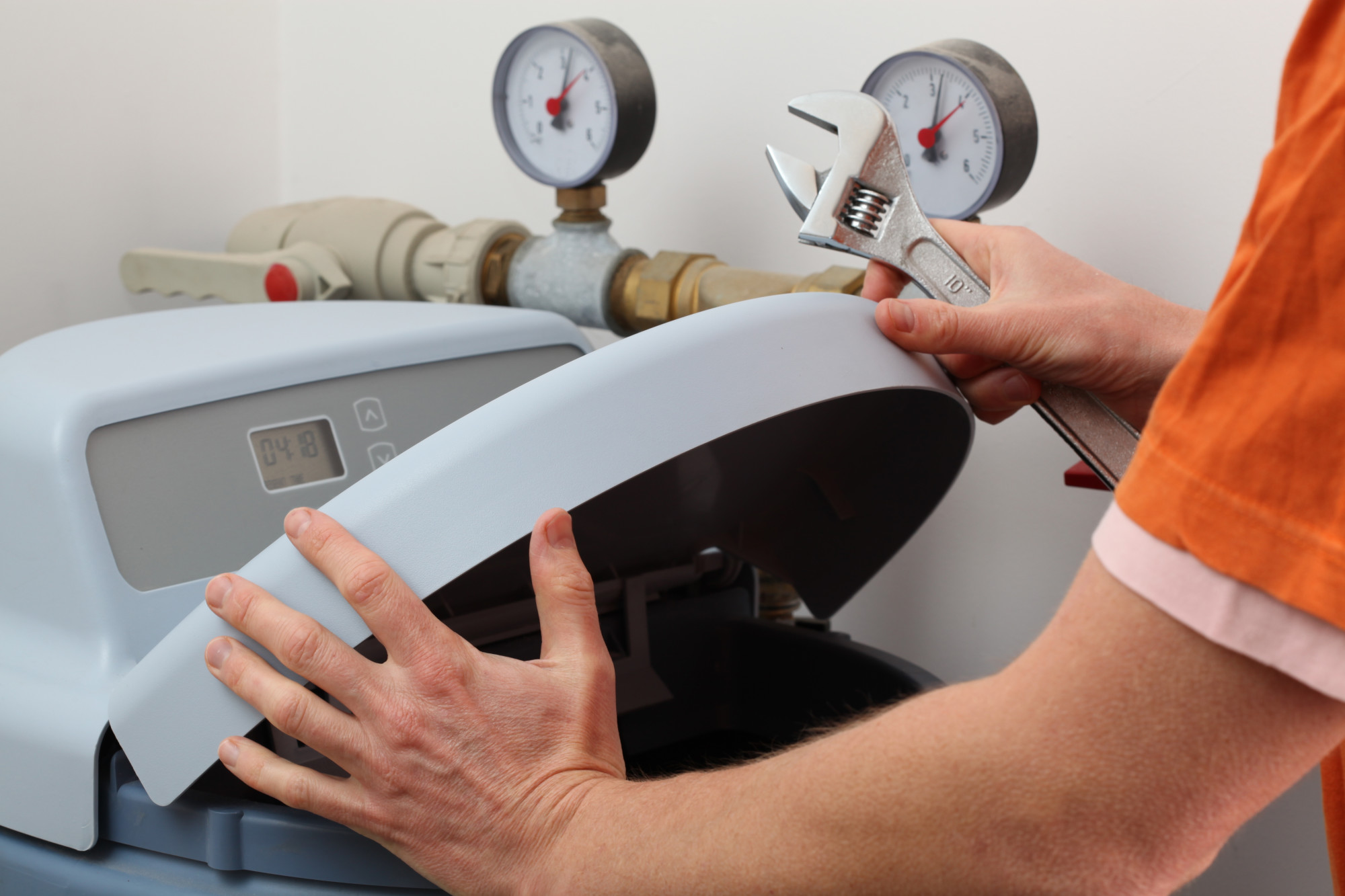
Water bills in the US have risen by at least 31% from 2012 to 2018. Now that people are spending more time at home, those bills are sure to surge further.
Having hard water can also increase your water consumption, though. That’s because hard water makes it difficult to lather up and rinse off soaps, so you end up using more water.
Fortunately, a water softener can treat even the hardest water.
What is a water softener, though, and how does it work? Why should you even get one for your home?
We’ll answer all those questions in this post, so be sure to read on!
What Is a Water Softener?
A water softener is a filtration device that removes mineral ions in hard water. The two main minerals that make water hard are calcium and magnesium. Some water softening systems can also remove excessive iron in the water.
So, how does a water softener work then?
Water softeners use a softening medium, such as an ion exchanger, to soften the water. They collect and filter the minerals that make water hard. The result is softer water that then flows through the plumbing pipes.
Why Would You Want To Invest in a Water Softener?
One of the top benefits of a water softener is that it helps make the water more effective in cleaning. It does so by removing calcium ions, which react with soap to form soap scum. That’s also the reason hard water can be difficult to clean and rinse with.
The less soap scum you deal with, the easier it is to clean, and the less water you’d need for the task. It’s in this way that a water softener can also help reduce your water bills.
Aside from making it easier to clean, here are some other benefits of investing in a water softener.
Prevent Low Water Pressure Issues
The minerals in hard water can cling to the interior surfaces of plumbing pipes. Over time, these deposits can harden into limescale, which can clog up water pipes. Blockages in water lines can then result in low water pressure.
Since a water softener gets rid of minerals, you can worry less about scaling in your pipes.
Extend the Life of Your Plumbing Pipes
Hard water mineral deposits can reduce the longevity of plumbing equipment. These hardened minerals can also affect the efficiency of plumbing and water equipment.
For instance, limescale can insulate a water heater’s heating element. This can then make the heater less effective and inefficient in heating the water. As a result, the heater would need more time to produce hot water, which also means it uses more energy.
May Help Keep Skin Problems at Bay
Studies have found a link between hard water and an increased risk of atopic dermatitis (AD). AD is a condition characterized by itchiness, redness, and inflammation of the skin. Health experts believe that hard water’s high mineral content impairs the skin barrier.
A water softener may help cut your risks for such skin woes since it reduces the water’s mineral content.
Start Reaping the Benefits of Soft Water Today
There you have it, the guide that answers the question, “what is a water softener?” Now, you know what it is and how it can help you clean more effectively and even shield you from skin woes. So, as early as today, consider investing in a high-quality water softening system.
Ready for more game-changing nuggets of wisdom like this? Feel free to check out our other educational blog posts then!